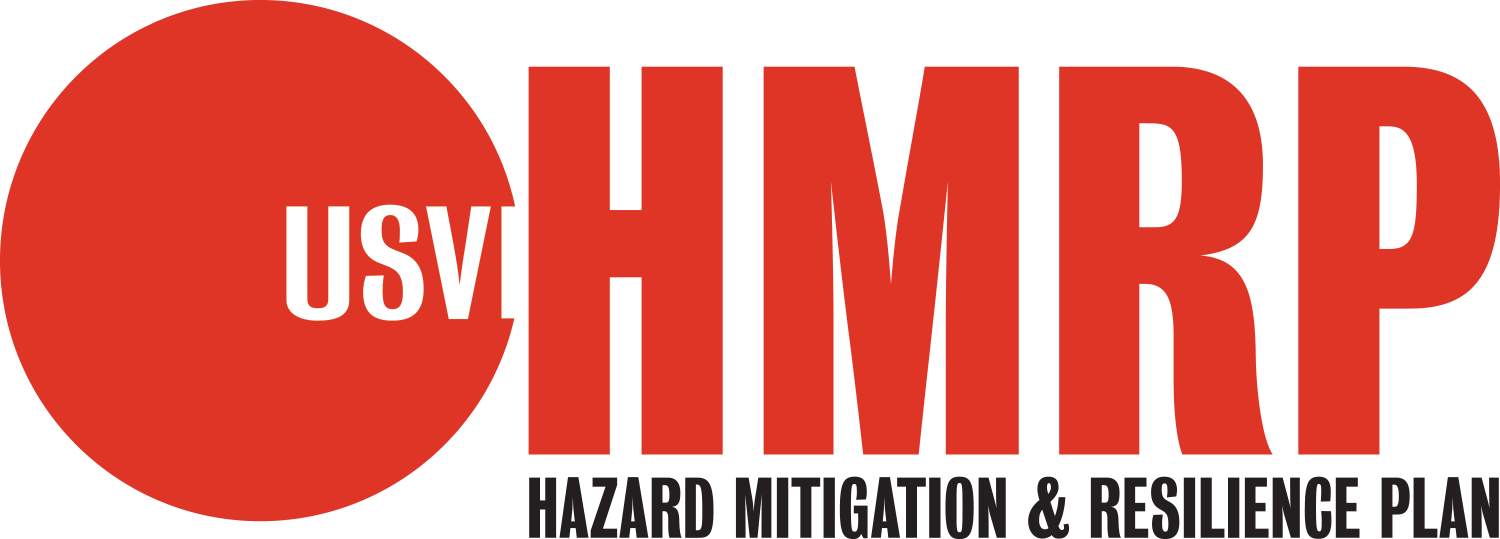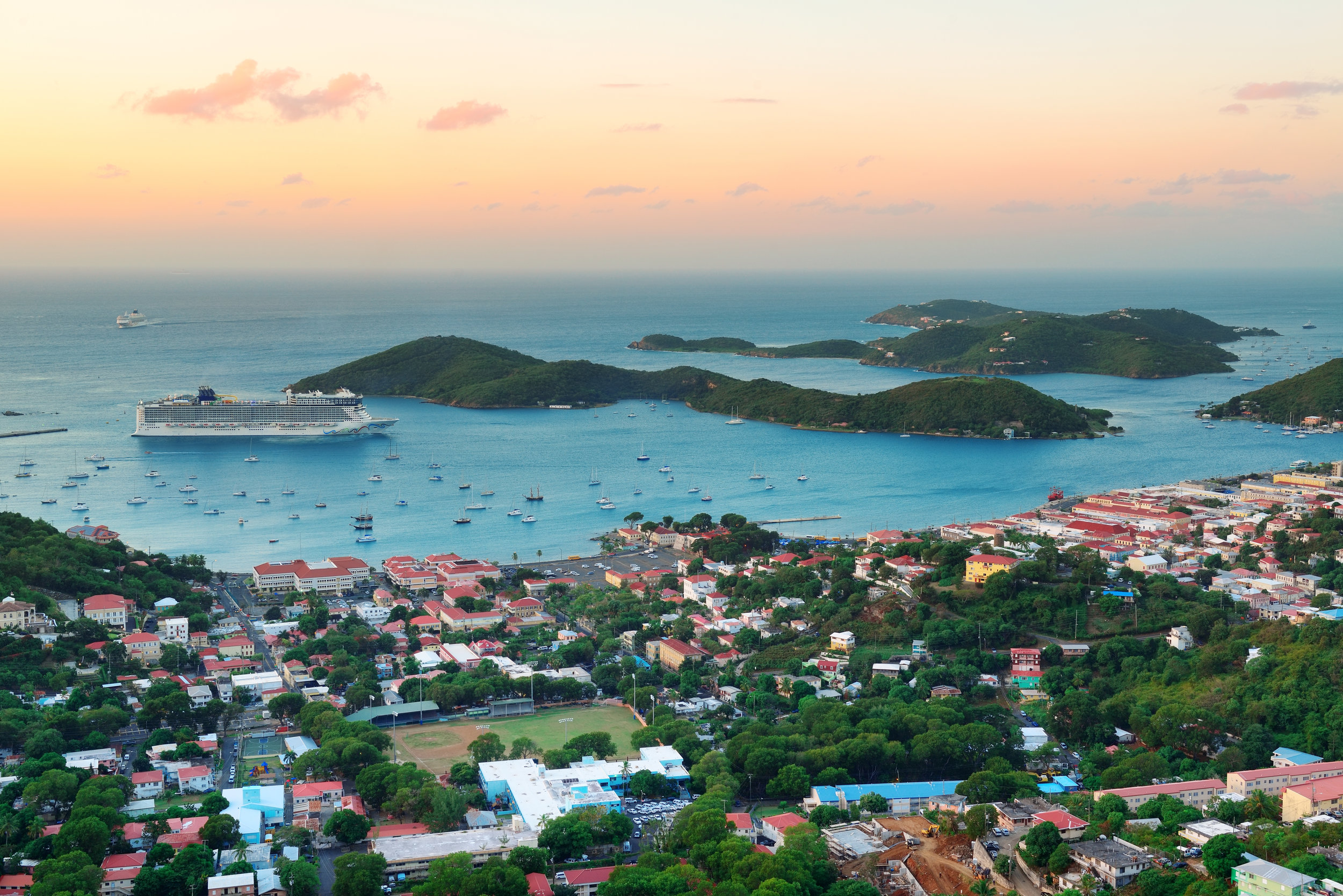The 2019 Workshop
2019 Hazard Mitigation and Resilience Workshop
“Community Resilience in an Ever-changing World”
September 12 – 13, 2019 | 9:00 AM – 5:00 PM
Windward Passage hotel, Charlotte amalie, st. thomas, vi
Nearly two years ago, Hurricanes Irma and Maria destroyed nearly all of our infrastructure systems. Since then, much has been done to restore them, and social functions and life are returning to normal. Nevertheless, in the last year, we’ve experienced a drought, a few small earthquakes, two episodes of severe rain events and a Category 1 hurricane that resulted in flooding and landslides; and the hurricane season is not over. As we continue to recover physically and mentally, we are still vulnerable to many natural hazards, and a constantly changing climate will only make matters worse.
Following disasters like the 2017 storms, the natural impulse is to invest quickly to restore technical systems. This makes sense because we want basic services and functions to resume so that communities can begin to regain some normalcy. However, while witnessing the failure of our built infrastructure, we also realized that social and natural systems play significant roles in our lives, and how their degradation impacted our wellbeing.
When thinking about hazard mitigation strategies, integrating principles of resilience – bouncing forward after disruption – and sustainability – ability to sustain our needs given our resources – can help communities strike a balance with their investments in technological systems, but also with investments in social and ecological systems as well. In working towards a balanced approach, we hope to see results reflecting a better quality of life and wellbeing for our citizens, while also improving our capacity to survive and recover from the impacts of natural hazards.
This year’s workshop will focus on community resilience in an ever-changing world. The USVI is a vibrant place where communities are fluid and complex: we organize ourselves around our faiths, estates or neighborhood, virtual network of friends, ethnicities, culture, etc. We also all depend on the same built environment—the technical systems that include our schools, businesses, hospitals, telecommunications and assorted services that allow us to function as a modern economy to work, play and connect with each other. We all also appreciate the strength and richness of our natural environment—the beaches, views, fish and wildlife, clean fresh and sea water, vegetation, and other natural benefits also known as ecosystem services. In other words, the vibrancy of our culture, the complexity of our built environment, and the richness of our natural systems are a source of pride. However, when any of these systems fail or are under constant threat from climate stressors, the recovery process can be difficult and even divisive as decision makers have to prioritize among many needs to save lives and ensure that societal functions are restored. The good news though is that some of these needs and demands could be reduced if the impacts of hazards are minimal, or, in other words, mitigation strategies are effective.
It is apparent that in order to better decide which mitigation strategies to develop, we first must take the time to understand the types of hazards that we are faced with, how climate change might affect them, and the impact that these hazards have on our infrastructure, people, and environment. Second, while we re-evaluate the impacts of the hazards, it is as important to also understand how we Virgin Islanders see ourselves, and what societal needs and services are most important to us. This is important because, as we identify mitigation strategies, we must ensure that they are compatible with a collective vision for the Territory that integrates the shared values of our various communities. In other words, while there will be strategies and priorities that are important for us all—ensuring public safety, food availability, health care access—hazard mitigation strategies that support or even strengthen community values and needs are likely to be the most effective and long lasting. Consequently, it is necessary to identify hazard impacts on the built, social and ecological environments, but also to identify communities’ strengths and needs in order to be better prepared for the uncertain future and build effective hazard mitigation and resilience strategies for the USVI.
The workshop will draw upon regional and local perspectives, as well as those from subject matter experts to discuss community resilience, infrastructure resilience, and how social-technological-ecological systems must be properly balanced in order to ensure long-term resilience and sustainability. Specifically, we will discuss how hazards and climate change will impact the Virgin Islands society, infrastructure and systems. We will also hear perspectives from various people about recovery efforts in other parts of the Caribbean and here, including the three islands Long term recovery groups and Foundations, as well as the opportunities that follow storms that can actually increase resilience. But most importantly, we will hear from you about what a resilient and sustainable VI look like, and what appropriate mitigation strategies should be develop to make this vision a reality.
We look forward to joining you at the workshop, establishing or building upon networks of information and support, and sharing the work and progress that so many of us have been involved in understanding and strengthening communities—and looking at ways to effectively build resilience through a hazard mitigation planning effort.


